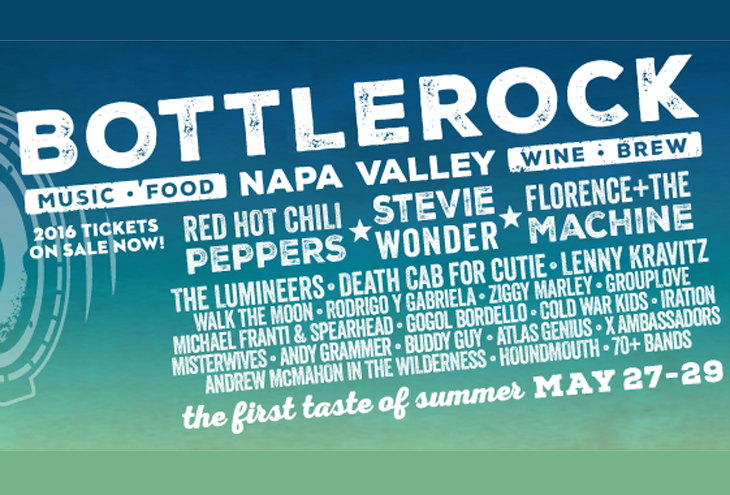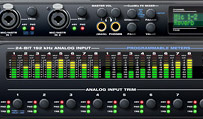In our ever-changing music industry, you’re an individual but you are also a business. As such, growth is probably on your agenda, and it requires an investment of time, energy, effort, money. Being effective with your resources will help you gain control of the growth of your business. How do you do that? Everything stems from focusing your agenda and utilizing the tools that are available.
By Maor Appelbaum & Hush Paz
BRANDING
Your product and service are your brand. A key aspect of branding is making the service easy to grasp and memorable, so you will attract your target clientПle—being perceived at or above the level of the competition you’re trying to reach. Your branding should evolve with the changing needs that your growth dictates. How do you need to portray yourself in order to attract new clients?
Simply, your goal is to showcase your business in a way that attracts the clients you want to attract.
Ads give you presence when you’re not there. Ads can lead to potential clients by building awareness of your business, and correlating it to your industry. Generally, longer-running ads are more effective. This is due to the “mere exposure effect.” Anything carrying your name or logo works the same—merchandise, banners, stickers, etc. Print and online media result in different consumer experiences. Printed ads have the appearance of things being “set in stone,” while online ads are designed to engage, and can have sophisticated targeting algorithms and access to engagement data.
Media is about presence and interaction. Being proactive can establish you as a standout individual in your field. Blogs, YouTube, product demos, reviews, forums and social media. Let people know what you’re doing. Don’t underestimate the power of social media.
Showcasing your work is a way to attract new clientПle. Take part in lectures, master classes, demonstrations, trade shows, jam sessions, forums, blogs, podcasts, radio. Show that you’re here, and that you’re good.
PR companies are a good resource to boost the effectiveness of your branding efforts. They’re best utilized alongside an event that could benefit from the PR investment: a product you were involved with that becomes successful, the opening of a new location, entering a new market, special achievement or award, etc.
BUSINESS RELATIONSHIPS
These include clients, potential clients, colleagues, peers, connected individuals and associated businesses (offering services different from yours). People who know you and think you are “right for the job” can potentially connect you with work, new relationships, business ventures and so on. Your goal is to grow your bank of relationships and maintain current ones.
Be professional, kind and communicative. You need to pass all filters. Don’t give people a reason to write you off as flaky/unprofessional/unreliable. They need to remember you for the right reasons. Take yourself seriously.
Networking events. Attend conventions, trade shows and industry events to see what’s current and to meet fellow peers. Seize any opportunity to make a connection face to face. Come prepared. Bring business cards or other ways of exchanging contact info. Be open to conversations. Follow up on invitations that are of interest. It helps to always be prepared, as every place can be a networking opportunity.
Affiliated organizations have their own networks and hold events. AES, NARAS, Grammys, SCL, SMPTE, ASCAP, BMI are just a few examples. Organizations such as these can provide you with potential opportunities to meet fellow professionals—potentially big names—who exist in a closed circuit and are somehow connected with the organizations relevant to you.
Engage online. Be active, communicative, part of the discussion. Forums and group pages are public spaces. Be aware of that; there is little control over who sees your interactions. Things can snowball—to your detriment.
Attend shows. Go to see shows of artists you like. Approach them, if possible, and offer your services.
Engage workplaces. Workplaces are melting pots of professionals and often create high-pressure situations. Be aware of your position and what’s important. Read the room, figure out when you can push yourself further. It’s a game of risky trial and error. Try to maintain good relationships.













